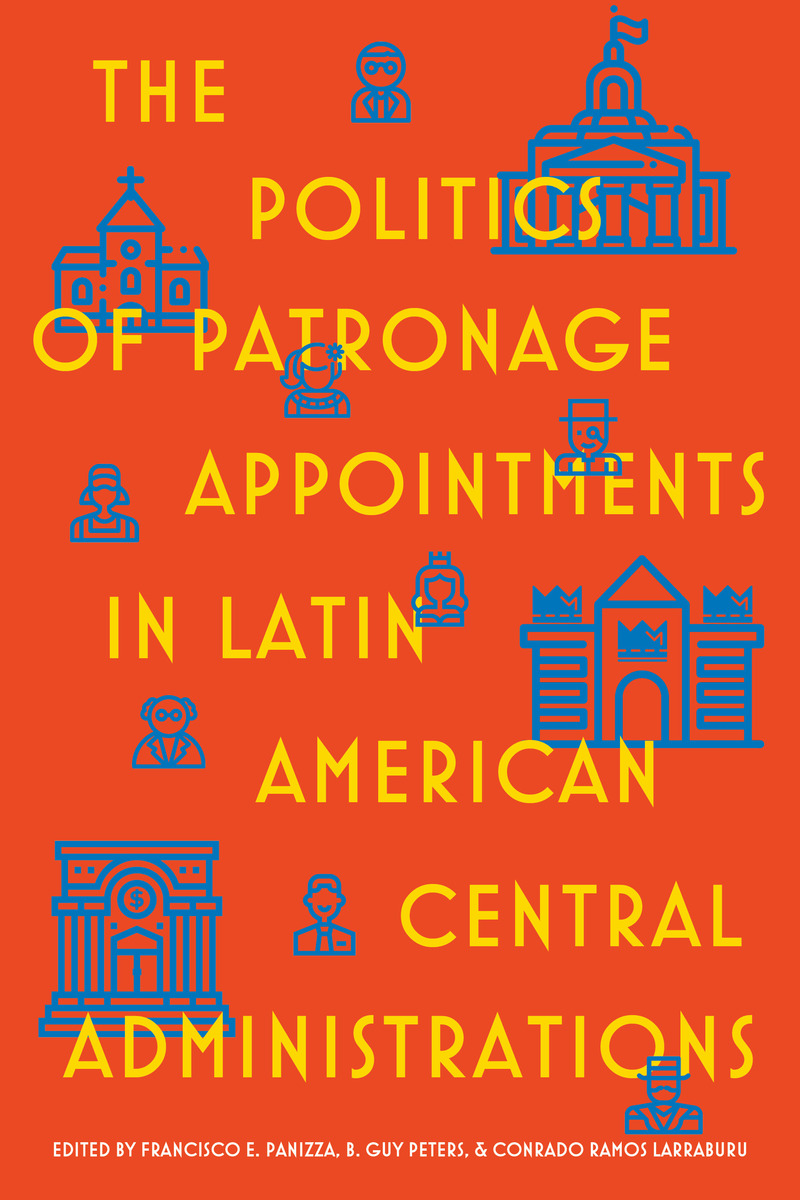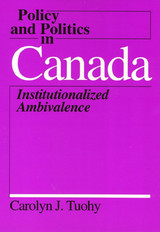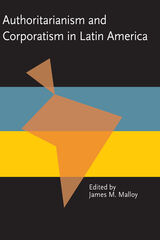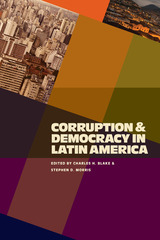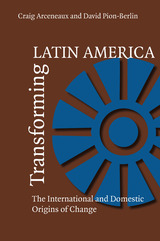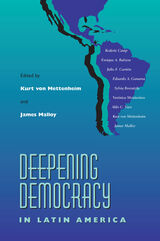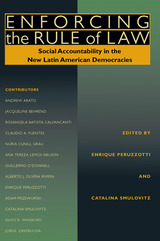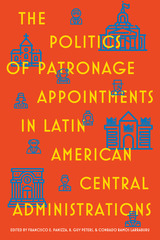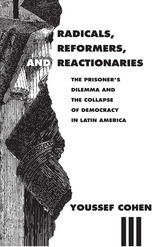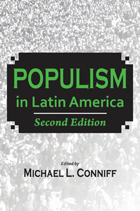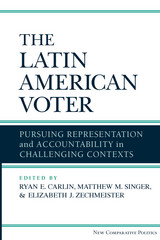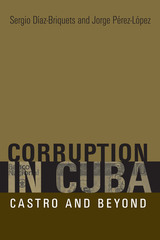eISBN: 978-0-8229-8892-2 | Cloth: 978-0-8229-4720-2
Library of Congress Classification JL962.Z13A66 2022
Dewey Decimal Classification 324.204098
Although merit system selection and management of public personnel is thought of as the standard for good governance, public employees frequently are appointed by political officials rather than being members of a career civil service. In fact, there has been an increase in the level of patronage appointments and politicization of public administration over the past several decades as political leaders attempt to impose their control over the public bureaucracy. Although widespread, patronage appointments in the public sector are particularly important in Latin America, where there is a tradition of extensive patronage. The Politics of Patronage Appointments in Latin American Central Administrations seeks to understand the motivations of patrons when they make appointments, the roles appointees play, the skills required to play these roles, and what accounts for different modalities of patronage. It moves beyond the conventional condemnation of patronage to examine the multiple uses of political appointments, which can be crucial for obtaining the services of highly qualified individuals who otherwise might not be willing to work in the public sector.
See other books on: Latin America | Patronage, Political | Peters, B. Guy | Politics | Public administration
See other titles from University of Pittsburgh Press
